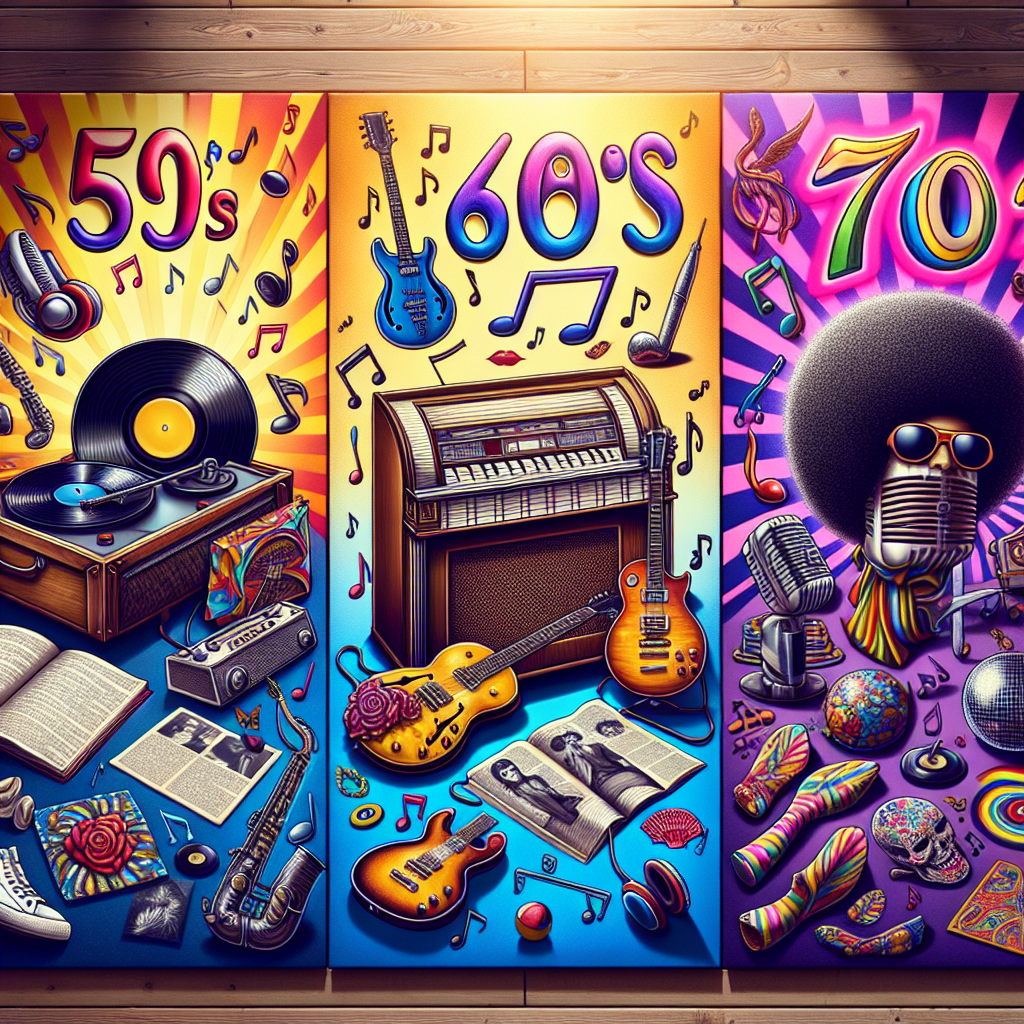Music has always played a significant role in shaping culture and society. From doo-wop to disco, the soundtrack of a generation has evolved over time, reflecting the changing tastes and values of the people who create it and consume it.
One of the most fascinating aspects of music is its ability to transcend boundaries and bring people together. In the 1950s, doo-wop emerged as a popular genre among African American youth in urban areas. With its smooth harmonies and catchy melodies, doo-wop captured the spirit of post-war optimism and paved the way for future musical movements.
As the 1960s rolled around, music became increasingly intertwined with politics and social activism. Artists like Bob Dylan and Joan Baez used their music to protest against war and injustice, inspiring a generation to stand up for what they believe in. The civil rights movement also had a profound impact on music, with artists like Aretha Franklin and Marvin Gaye using their voices to advocate for equality and justice.
By the 1970s, disco had taken over the airwaves, bringing with it a new sense of freedom and expression. With its pulsating beats and infectious grooves, disco became synonymous with hedonism and glamour. Politicians like Ronald Reagan may have dismissed disco as frivolous escapism, but for many people, it was a form of liberation from the constraints of everyday life.
Music has always been closely linked to fashion, with artists often influencing trends on the runway. In the 1950s, Elvis Presley’s rockabilly style inspired a generation of young rebels to embrace leather jackets and pompadour hairstyles. In the 1970s, icons like Donna Summer and Diana Ross set trends with their glamorous sequined gowns and platform shoes.
Technology has also played a crucial role in shaping the sound of each generation. The rise of electric guitars in the 1950s gave birth to rock ‘n’ roll, while advancements in recording technology allowed artists to experiment with new sounds and techniques. The advent of synthesizers in the 1970s revolutionized music production, paving the way for electronic dance music and hip-hop.
Overall, from doo-wop to disco, each era has brought its own unique sound to the table, reflecting the hopes, fears, and aspirations of its time. Despite what politicians may say about certain genres being “dangerous” or “decadent,” music has always been a force for good in our world.
It brings people together across cultural divides, inspires us to think critically about our society, and provides an outlet for self-expression when words fail us. So next time you put on your favorite song or hit up a concert with friends, take a moment to appreciate how far we’ve come from those humble doo-wop beginnings.


Get involved!
Comments